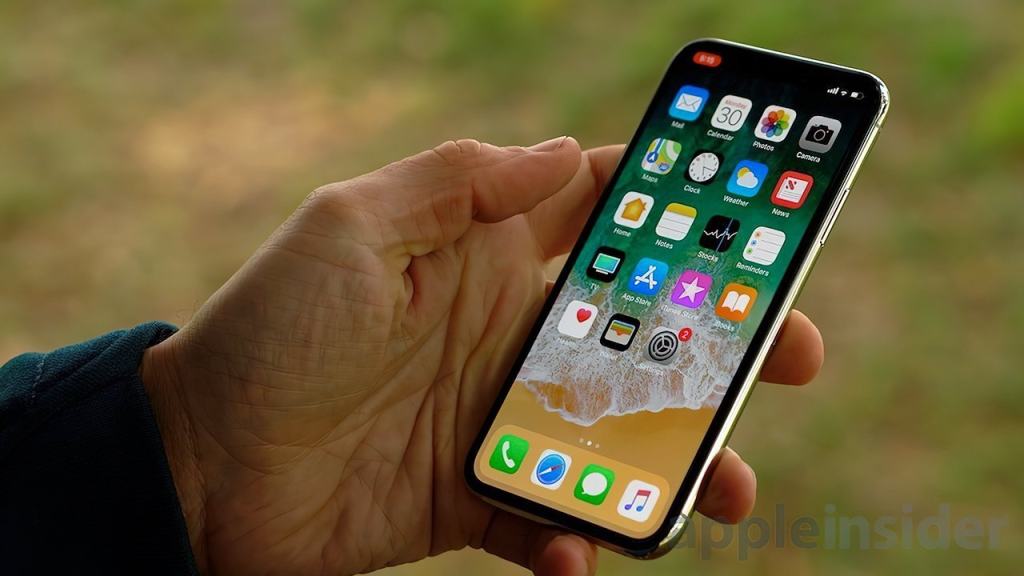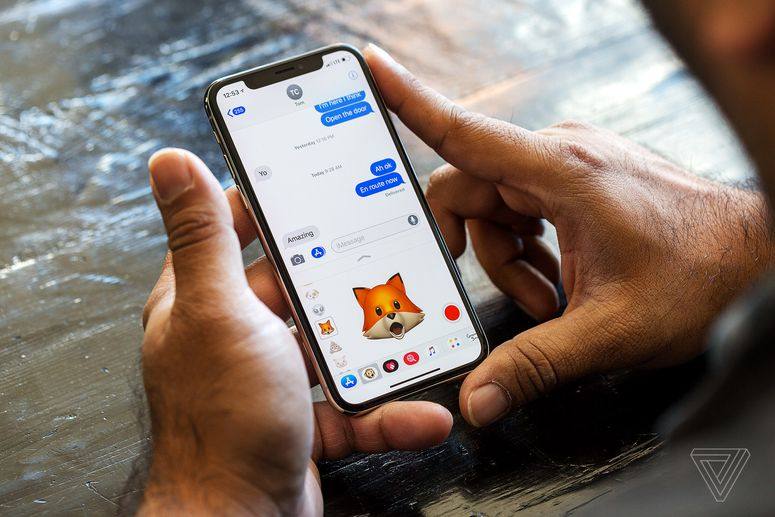After playing around with my new iPhone 14 Pro, I quickly realized a couple of things. Yes, the new handset is very flashy, modern and industrial-looking. It is also undeniably faster than my previous iPhone X. But one thing kept bugging me. Namely, that the new device felt almost identical to my half-decade old handset.
This got me thinking - if the user's perception of a smartphone does not change across generations, how often should we really upgrade? Especially when we take into account the fact that the average price of high-end smartphones has skyrocketed over the past couple of years. Consequently, I started thinking about another rather controversial term in the tech community - future-proofing.
How long can a $1000+ flagship last?
I firmly believe that most flagship smartphones are good enough as it is, and the fact that the next generation is better does not make the past one bad in any way. High-end handsets nowadays are expensive because they are built to last. This means that it is no longer a matter of when users have to upgrade, but rather when they want to do so.
I clearly remember just how in love I was with the iPhone X when I first bought it more than 5 years ago. It checked all boxes, except one - the ostentatious price tag. I never imagined spending that kind of money on a smartphone. Now, I can confirm it was worth it as even in 2023 the iPhone X proves its immense value.
- Score Ranking
- Registered Ranking
80861





